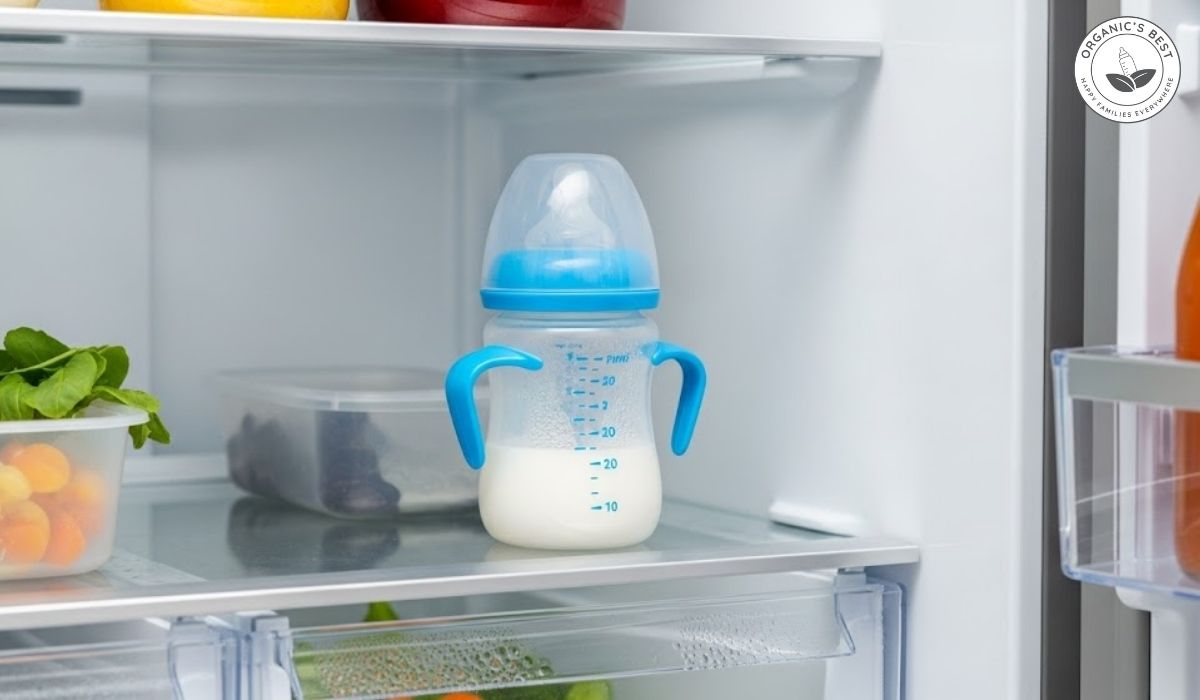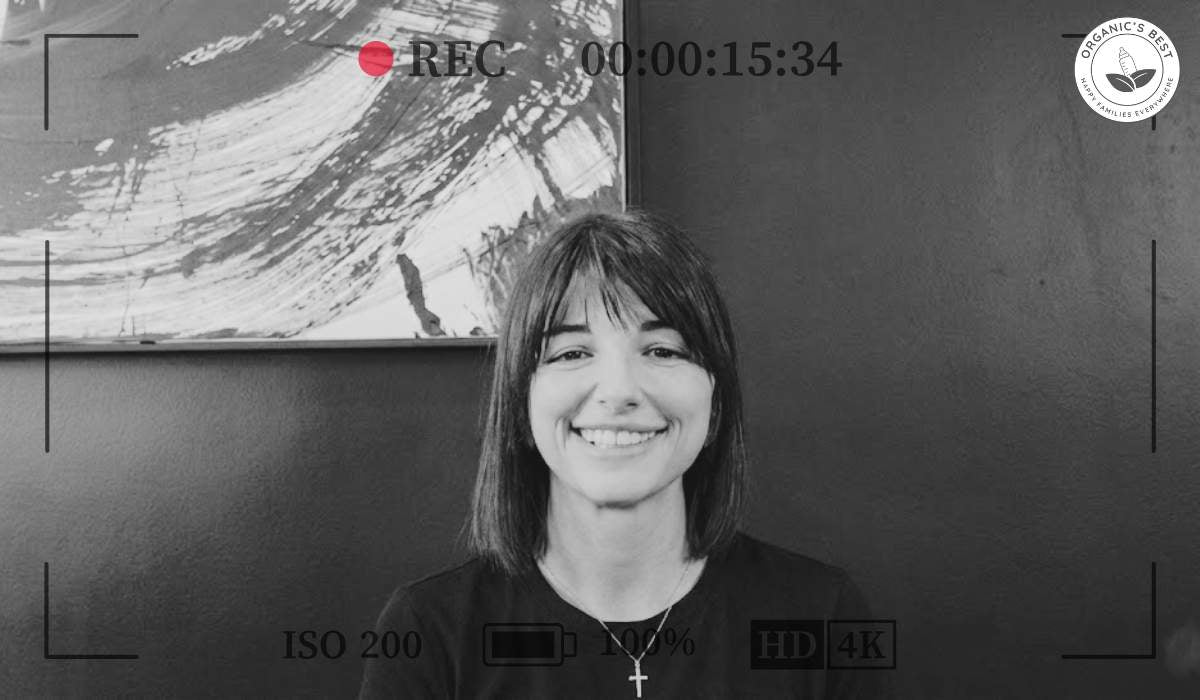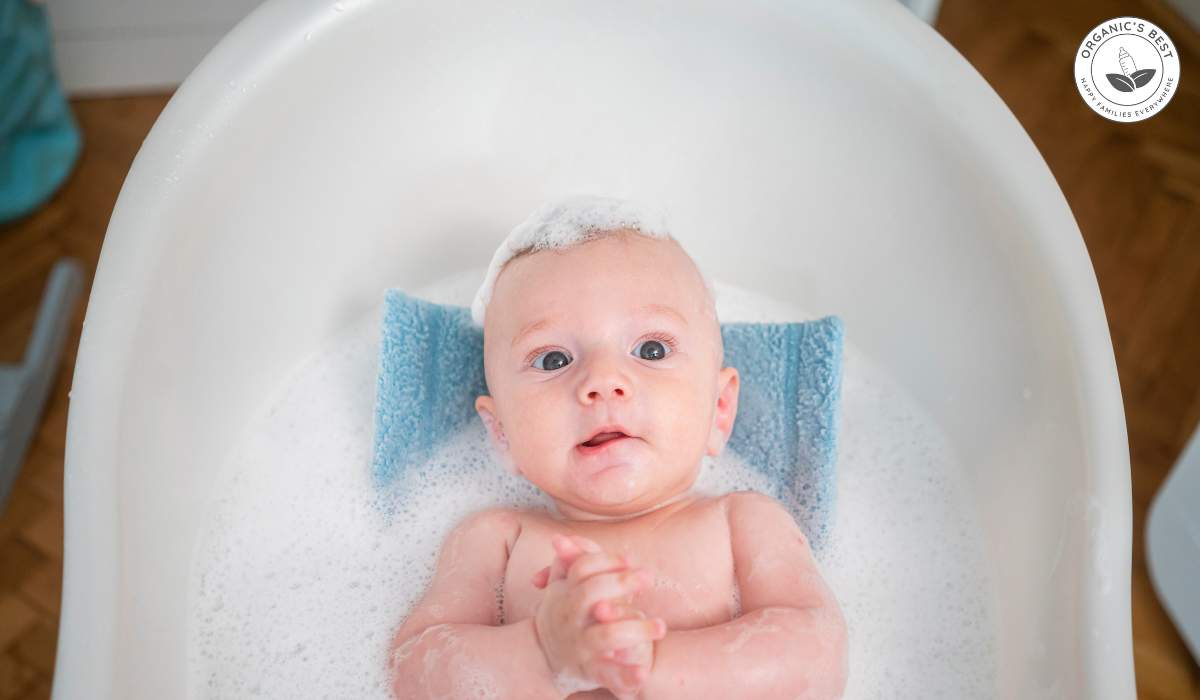Click to Get 2 FREE Boxes/Cans
Only New Customers! Click HERE to Get 2 Extra Boxes/Cans for Free With Your First Order.
BABY FORMULA
Offering new parents top-quality European infant formula from renowned brands like HiPP, Holle, Kendamil, and more. If you’re uncertain about which product to choose, our Formula Finder can help you make the best decision for your baby.
Baby Food
Offering new parents a premium selection of European baby foods, including jars, pouches, cereals, and snacks from esteemed brands like HiPP and Holle.
Can Babies Drink Cold Formula?
by Agustina Fernandez December 13, 2022 5 min read

Preparing formula properly is a key step in keeping your baby happy and healthy. While there are general guidelines to follow, not all babies prefer formula the same way, and finding a routine that works for your family can help keep the feeding routine simple and stress-free.
When you're on-the-go, busy with all the tasks that child rearing has to offer, or as the weather changes, you may be wondering if preparing your baby's bottle with cold formula or cold breast milk is a suitable option.
The short answer is... YES! Giving your baby cold milk or formula is a great option. The long answer is a little bit more complicated. Keep reading to find out more about how to prepare and serve baby formula at different temperatures.
Table of contents
Do You Have To Warm Up Formula?
When it comes to the temperature of the formula, you have a couple of options available. It is completely fine to serve your baby's formula cold that is cold or at room temperature, although not all babies are going to want to consume it this way.
Getting your little one used to drinking cold formula may take a few tries, but with time and consistency, most babies will adjust to formula feeding this way. In some cases, giving your baby cold formula may be a better option, as warming, comes with the risk of overheating.
If you decide to give feed your baby with warm bottles instead of cold bottles, here are some steps to follow to ensure that it doesn't get too hot or heat unevenly.
-
Option 1 is to place a bottle of formula in a bowl of warm water or under running water and let it sit for a few minutes. If you using these methods make sure to keep water from entering the bottle or getting on the nipple.
-
Option 2 is to use a bottle warmer, of which there are portable products available on the market. While this option may be convenient, bottle warmers are not necessary and many parents choose to warm their bottles the old-fashioned way!
-
To make sure that the formula is not too hot, put a couple of drops on the back of your hand. If it feels too hot on you, it's definitely too hot for your baby. A lukewarm temperature is perfect.
-
Baby bottles should not be warmed in the microwave. This is because there is a risk of formula heating unevenly, which can create hot spots that are capable of burning your baby. Microwaving formula can also degrade some nutrients in the formula, such as the breakdown of essential vitamins and amino acids.

What Happens If You Give A Baby Cold Formula?
Drinking cold baby formula does not pose a risk to most babies, although there are a couple of circumstances where warming the bottle may be of benefit. Apart from slight health risks associated with drinking cold formula in certain babies, which we will discuss below, there is a chance that your baby will refuse to feed if you are using cold formula.
This is more likely to happen if they have gotten used to warmed formula or breastfeeding, as the milk is naturally warmed in this case. If your baby is fussy with cold formula, it may take some time and consistency for them to start feeding this way.
Learn more: How to Transition from Breast Milk to Formula
To make this transition easier and help your baby drink cold formula, you may consider slowly changing the temperature of your baby's formula, by heating the bottle a little less every time you prepare it until you are able to serve it completely cold.
Can Cold Infant Formula Harm The Baby?
As mentioned above, there is one case where warming the formula can be of benefit to a baby's health. Some studies suggest that premature infants in particular may experience a greater tolerance of warmed milk or formula, as opposed to cold milk or formula, although this doesn't significantly impact their body temperature. Other than this, cold milk will be tolerated by most infants beginning at birth, and pose no health risks.
Can Formula Be Reheated?
If your baby doesn't finish their entire bottle you may be tempted to save it for later and reheat formula. This is not a good idea for many reasons, here is the rundown:
-
Bacteria from your baby's mouth can contaminate the formula, even if it is refrigerated.
-
Baby formula that has been heated can be put in the refrigerator for a maximum of 24 hours and must be discarded afterward.
-
Once your baby starts feeding, you have an hour before the remaining formula should be discarded because of bacterial growth.
-
Unused opened formula that has been stored in the refrigerator should be consumed within 24 hours.
Learn more: How Long is Formula Good For?

Formula Feeding On The Go During the Winter
Preparing warmed formula in the winter can be a little bit more complicated, but this shouldn't deter you from getting out and on the go during colder days and winter holidays. Here are a few things to consider when preparing warmed formula on the go during the winter, although a cold bottle may be a quicker and more convenient option.
-
Heat water ahead of time: If you're going to be out in the cold, boiling water to a temperature higher than what your baby prefers will likely work, as it should cool down before feeding time. In this case, make sure to double-check the temperature before serving it to your baby. Storing the water in a thermos can keep it warm in cold temperatures.
-
Pre-measure powdered formula: This step can save you time and avoid any hassle of measuring on the go. Simply pre-measure the formula before leaving the house and store it in an airtight container or in the baby bottle (without liquid). This method applies to formula powder, not liquid concentrate formula or ready-to-feed formula.
-
Prepare the bottle: Once you are ready to feed, all you need to do is add the desired amount of water to the powdered formula, test the temperature and you're all set!

Conclusion
When weighing the options of how to prepare a bottle it really comes down to personal preference and what temperature your baby is happiest consuming (other than when it comes to premature babies).
Whether your baby is being fed warm milk or cold milk, or warm formula or cold formula, as long as you are heating the bottle safely, and testing it before feeding it to your little one, then the risks associated with warming it are greatly reduced. Important Note: Please consult your pediatrician for advice regarding safe formula preparation and feeding practices. While feeding your baby room temperature to cold formula is generally regarded as safe, feeding freezing cold formula to your baby is not. Every baby is different and will require dietary adjustments based on their unique needs.
Disclaimer:
Please be aware that this information is based on general trends in babies, and it is not medical advice. Your doctor should be your first source of information and advice when considering any changes to your child’s formula and when choosing your child’s formula. Always consult your pediatrician before making any decisions about your child’s diet or if you notice any changes in your child. Breastfeeding is the best nutrition for your baby because breast milk provides your child with all the essential nutrients they need for growth and development. Please consult your pediatrician if your child requires supplemental feeding. |
Agustina Fernandez
Dr. Agustina Fernandez earned her medical degree from the prestigious Universidad Nacional de Córdoba, Argentina. With a deep-rooted passion for pediatrics, Dr. Fernandez is currently on the path to specializing in children's healthcare. Recently, she has delved into the vital field of infant nutrition. Her research interests include breastfeeding, infant formula, and baby food in little ones’ formative years. Dr. Fernandez's commitment to this area of study underscores her dedication to ensuring the health and well-being of children from their earliest days.
Leave a comment
Comments will be approved before showing up.
Also in Organic Infant Nutrition and Health Blog

Spilled Milk: Feeding Unfiltered with Hayley
by Agustina Fernandez February 04, 2026 4 min read
Read More
Baby Bath Guide: How to Bathe a Newborn
by Agustina Fernandez February 03, 2026 8 min read
Read More
Does Your Kid Need More Vitamin D in Winter?
by Agustina Fernandez January 28, 2026 7 min read
Read More
Reviewed by Dr. Po-Chang Hsu, MD, MS
-

Dr. Po-Chang Hsu: Medical Reviewer of Organic's Best Blog
Dr. Hsu received his medical degree from Tufts University in Boston, Massachusetts, and holds a Master’s of Science degree from both Harvard University and Tufts University.
